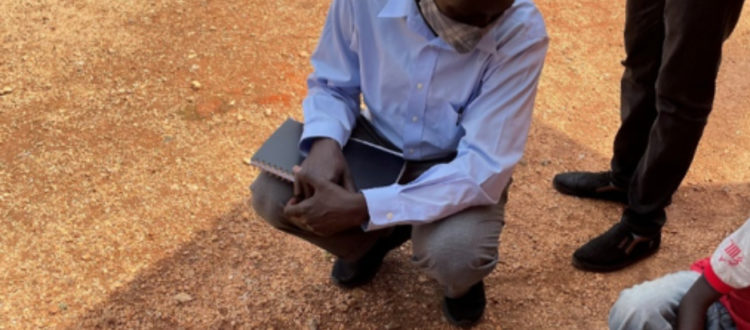Ssewamala, Tutlam awarded $545,000 by NICHD to address HIV risk and mental health among refugee youth in Uganda
The National Institute of Child Health and Human Development (NICHD) has awarded $545,000 in research funding to researchers Fred Ssewamala, William E. Gordon Distinguished Professor at the Brown School, and Nhial Tutlam, Postdoctoral Research Scholar and Trainee in the ACHIEVE Training Program (Fogarty Global Health/LAUNCH Fellowship) at the Brown School.
This funding is an administrative supplement to the Suubi+Adherence-R2 study (2020-2025, Principal Investigators: Ssewamala, Sensoy Bahar, Nabunya), aimed at examining the longitudinal impact of HIV treatment outcomes among youth living with HIV and transitioning into young adulthood in Uganda.
While the parent grant focuses on Ugandan youth living with HIV, it does not include the refugee youth population. Yet, refugee youth in Uganda are at increased risk of both HIV transmission and infection due to a number of factors including settlement in high HIV prevalence areas, lack of knowledge about sexual and reproductive health in general, limited access to life saving antiretroviral treatment (ART), and mental health challenges from exposure to trauma in their native countries. While most of the HIV-related research in the country has primarily focused on Ugandan nationals and refugee adults, very little attention has been paid to the refugee youth population located in the same areas with high HIV prevalence.
This additional research component aims to recruit refugee youth living with HIV (RYLHIV) to understand factors around access to and utilization of HIV treatment and adherence to treatment, trauma-associated disorders, psychological functioning, and sexual decision-making, which will contribute to our understanding of the dual public health threats of HIV and mental health among vulnerable refugee youth in Uganda.

Ssewamala
“Uganda is the top refugee receiving country in Africa, currently hosting about 1.6 million refugees from neighboring countries with 80% of the refugees being women and children. Although we have not worked with refugees before, we have been working with young people facing multiple adversities in Uganda for the last two decades. This funding will allow us to begin to understand the challenges facing this vulnerable population and to see how we can help address their particular problems through research” Ssewamala noted.
The study will recruit 120 adolescents and youth (15 to 24 years) living with HIV in refugee settlements and urban centers in Uganda, to address two aims: 1. Examine the HIV viral suppression and explore the participants’ ability to access and refill prescribed medication, adhere to prescribed daily medication routines, and engage in HIV care among refuge youth living with HIV; and 2. Assess: a) economic stability, sexual risk-taking behavior, adherence self-efficacy; b) cognitive functioning; c) mental health functioning; and d) young adult transitions and social support among refugee youth living with HIV.

Tutlam
Tutlam notes that, “We know people affected by conflict experience serious mental health challenges and we also know that there is significant association between mental disorders and HIV risk and low adherence to HIV medication, particularly among young people. Unfortunately, this is a population that has been neglected in terms of research. With this supplemental funding from the NIH, we plan to collect data that will inform the design and development of interventions to help improve both HIV and mental health outcomes among the refugee youth. As someone who was once a refugee, developing interventions to improve health outcomes among youth affected by conflict is something I am passionate about.”
The research team includes Ozge Sensoy Bahar, and Proscovia Nabunya, of Washington University in St. Louis. The in-country research team includes Noeline Nakasujja of Makerere University, Molly Naisanga of Gulu University, and David Opi of the International Rescue Committee.
Learn more about the study here: https://ichad.wustl.edu/suubiadherence/, and contact Laura Peer (lpeer@wustl.edu) for more information.

